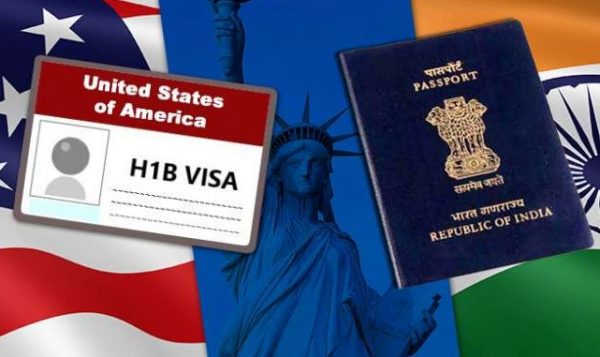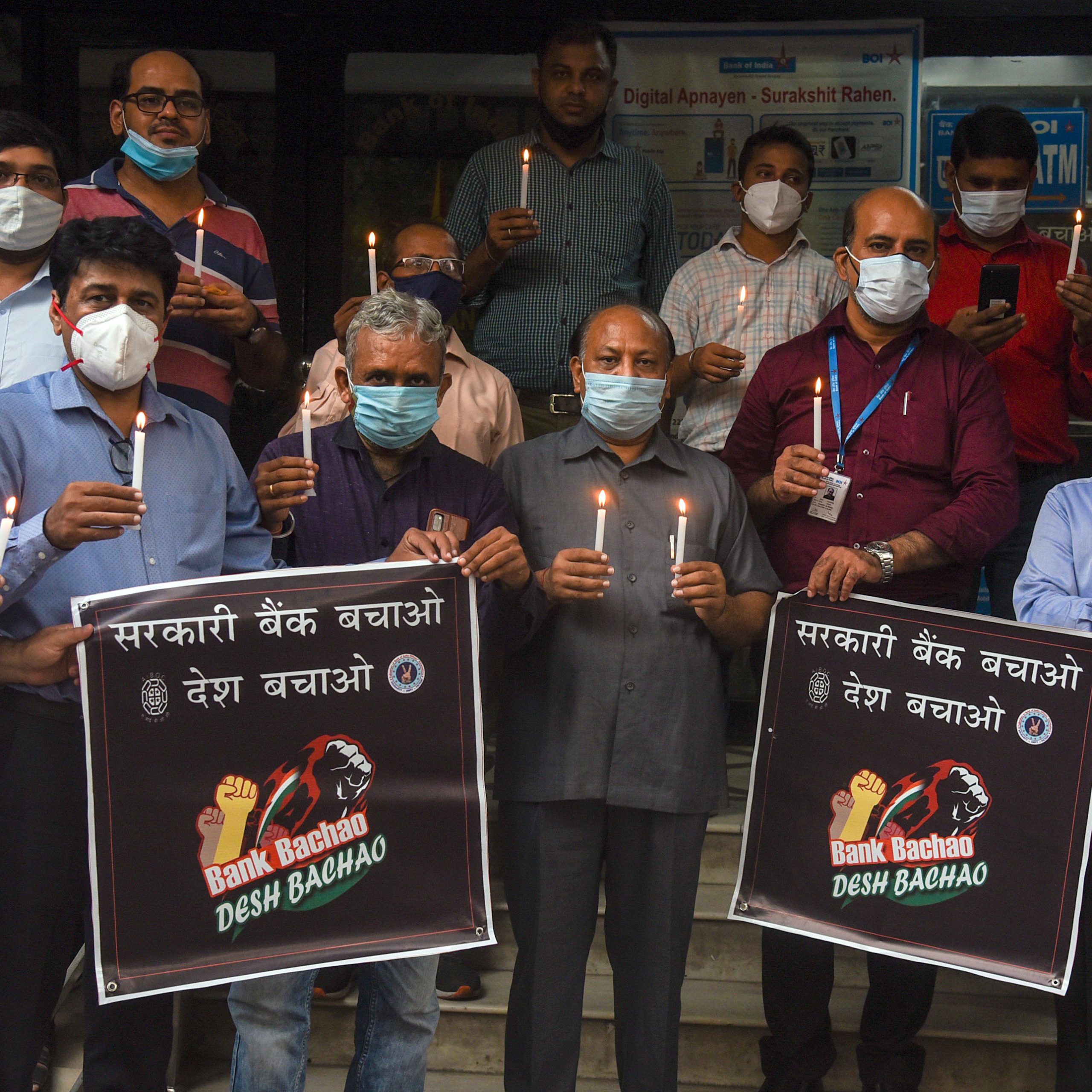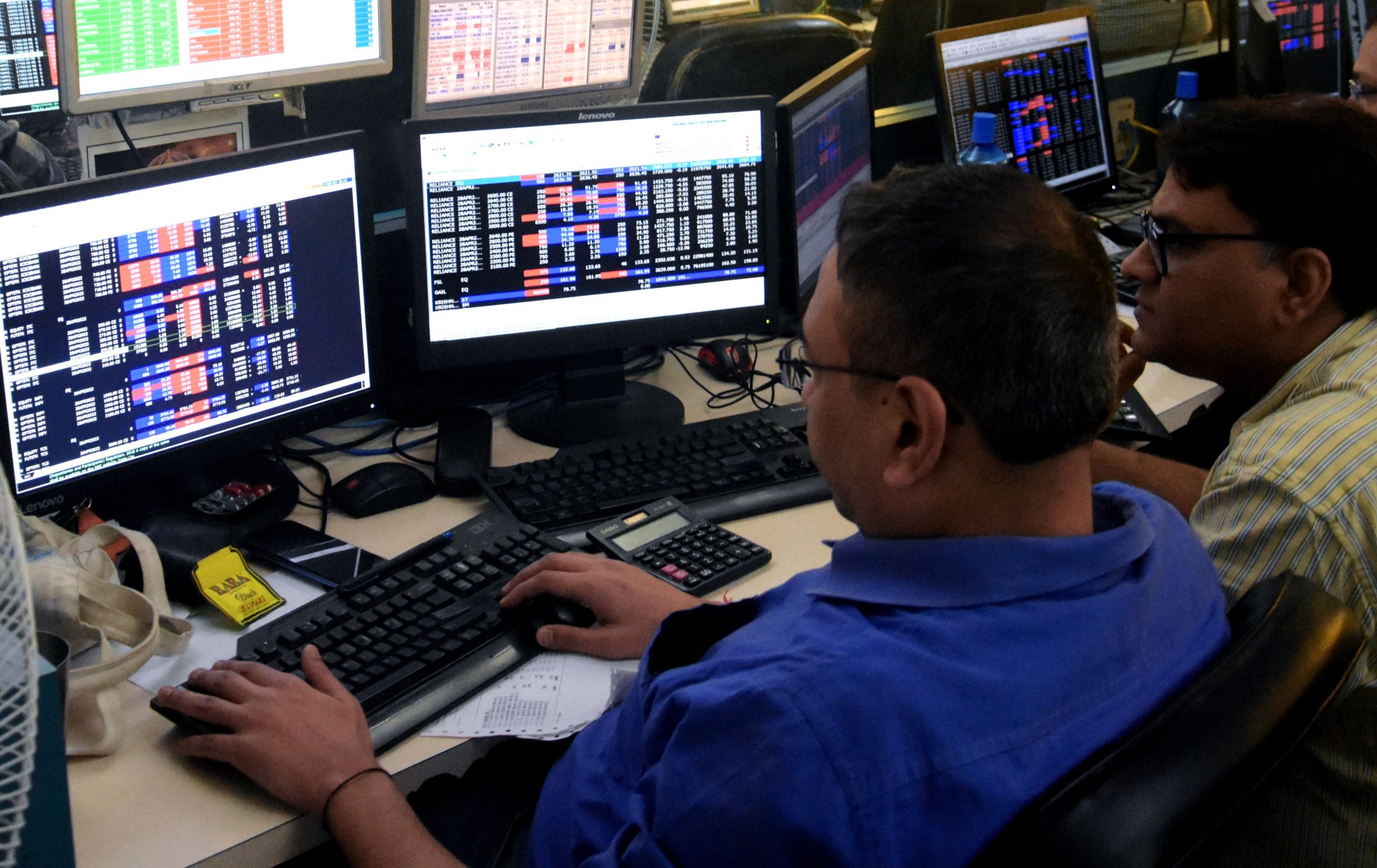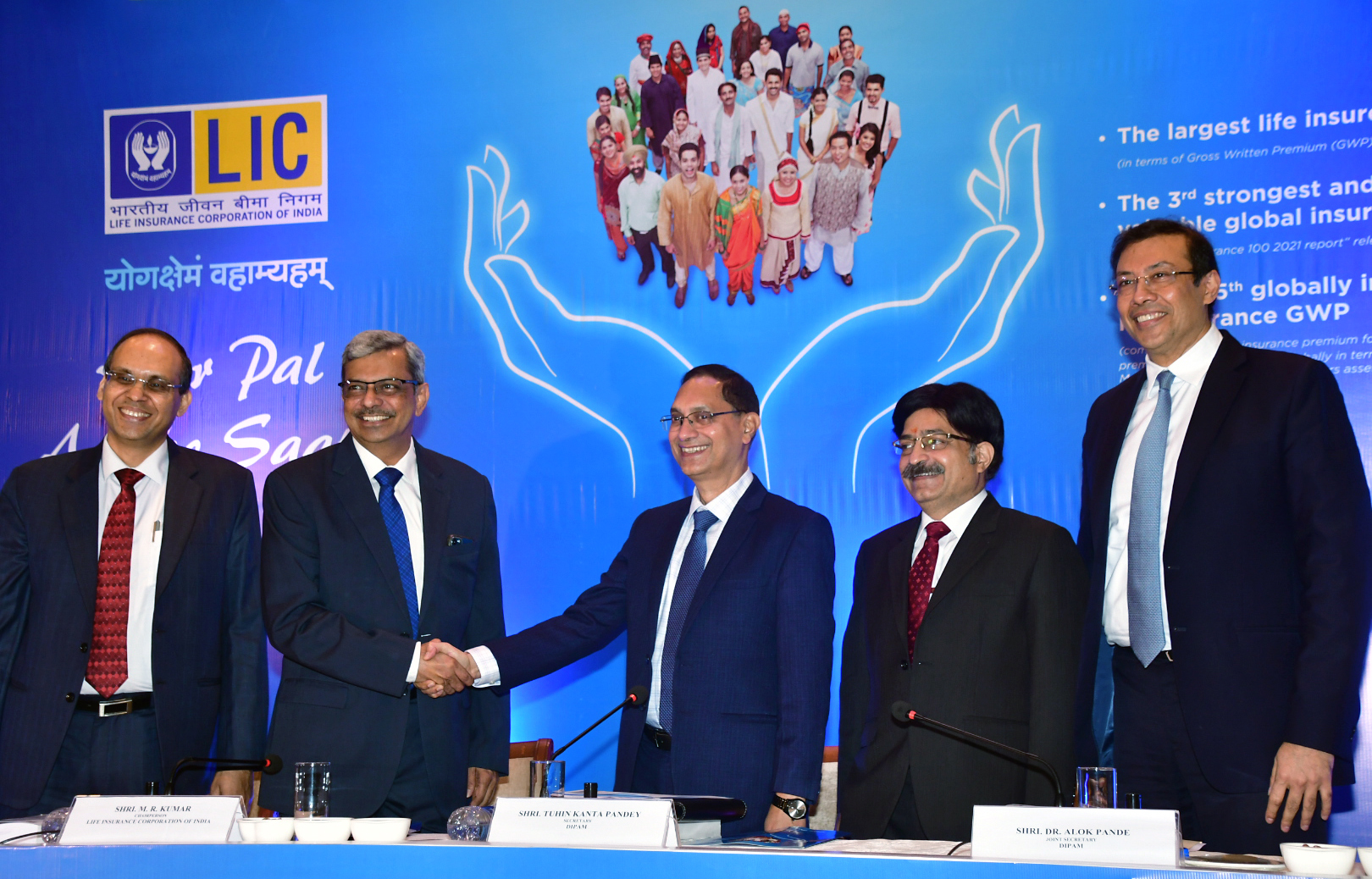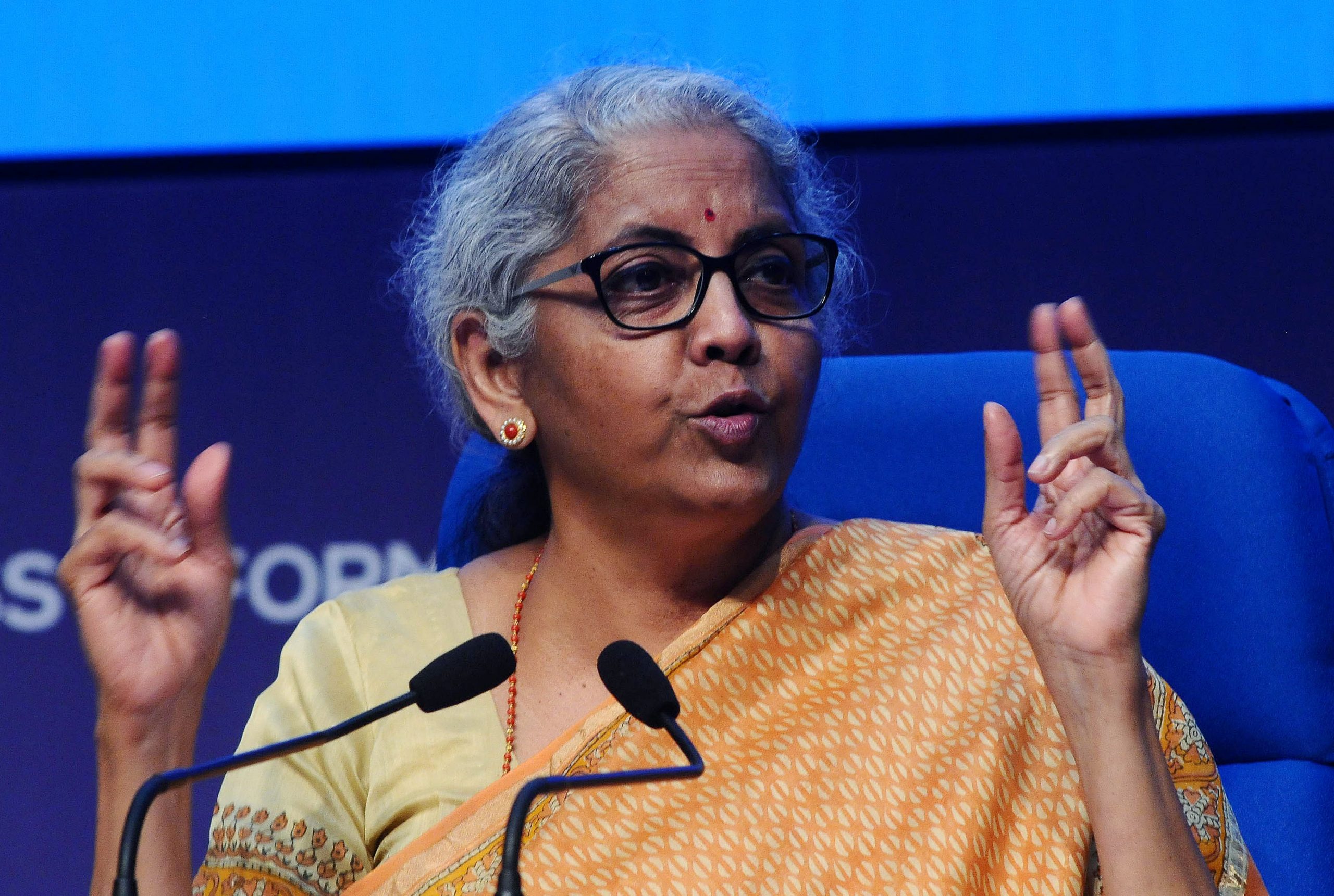About 20 to 30 per cent of Indian IT services employees work onsite with nearly 40 to 50 per cent dependent on the H-1B visa
Our Bureau
New Delhi
The proposed changes in H-1B application selection process by US Citizenship and Immigration Services (USCIS) are prospective in nature but will have a minor adverse impact on the margins of Indian IT services companies.
According to investment information agency ICRA, the H-1B application selection process will be based on wage levels compared to an earlier selection method based on lottery. Under the new rule, the USCIS will select applications offering the highest wages proffered vis-a-vis selected occupation level or position to attract the highest skilled labor. ICRA said this is likely to be a mild negative for the Indian IT services as H-1B visa offered wage levels are generally in line or marginally higher than the prevailing wages associated with the position.
Compared to the same, international companies offer substantially higher wages and are likely to garner a higher share of such H-1B visas unless Indian IT services companies increase the wages offered substantially.
About 20 to 30 per cent of Indian IT services employees work onsite with nearly 40 to 50 per cent dependent on the H-1B visa. Employee costs form 55 to 60 per cent of the revenues for Indian IT services companies with a majority of the same incurred for onsite work.
“The proposed changes are prospective in nature (effective March 9) and will not impact existing H-1B visa holders. Hence, this will have a minor adverse impact on the margins of Indian IT services companies going forward owing to the overall high dependence on such visas,” said ICRA.
The Indian IT services sector is a major beneficiary of H-1B visa programme. The USCIS issued a total of 3.88 lakh H-1B visas during FY2019 (October 2018 to September 2019 period), including fresh ones and renewals, of which India’s share stood 71.7 per cent.
With the changes in H-1B selection process impacting margins, Indian IT companies will focus on increasing the offshore component and higher usage of automation and artificial intelligence in the medium term to manage higher onsite hiring costs.
Overall, said ICRA, the impact of proposed changes is expected to be marginally negative on margins, though it is unlikely to impact the credit profile of Indian IT services companies.
India is currently engaged with the US government to minimize inconvenience to Indian nationals in the US, said the Ministry of External Affairs (MEA) after the White House had issued a proclamation extending restrictions on the entry of immigrants and non-immigrants, including H-1B visas.
Speaking at a virtual briefing, MEA spokesperson Anurag Srivastava said: “We have taken note of the recent proclamations of the US Government extending by three more months the current suspension of entry of certain immigrants and non-immigrants to the United States of America.” He further said that India was in touch with the US government for increased predictability in the visa regime and to minimize inconvenience to Indian nationals in the US for those proposing to travel to the US for bonafide reasons, including the movement of Indian professionals.
Last month, outgoing US President Donald Trump issued a proclamation where he extended the restrictions entry of immigrants and non-immigrants in the country, including H-1B visas used by Indian nationals, citing the devastating impact of Covid-19 in the labor market.
“This proclamation shall expire on March 31, 2021, and maybe continued as necessary. Within 15 days of December 31, 2020, and every 30 days thereafter while this proclamation is in effect, the Secretary of Homeland Security shall, in consultation with the Secretary of State and the Secretary of Labor, recommend any modifications as may be necessary,” said Trump.
Earlier, USCIS had announced a final rule that will modify the H-1B cap selection process, amend current lottery procedures, and prioritize wages to protect the economic interests of US workers and better ensure the most highly skilled foreign workers benefit from the temporary employment program.
The final rule will be effective 60 days after its publication in the Federal Register. DHS previously published a notice of proposed rulemaking on November 2, 2020, and carefully considered the public comments received before deciding to publish the proposed regulations as a final rule.
In August, the Trump administration had relaxed some rules for H-1B visas holders by allowing them to enter the United States if they are returning to the same jobs, they had prior to the proclamation of the visa ban.
On June 22, the US President Donald Trump had signed a proclamation that till the end of the year in the aftermath of the COVID-19 pandemic.
















